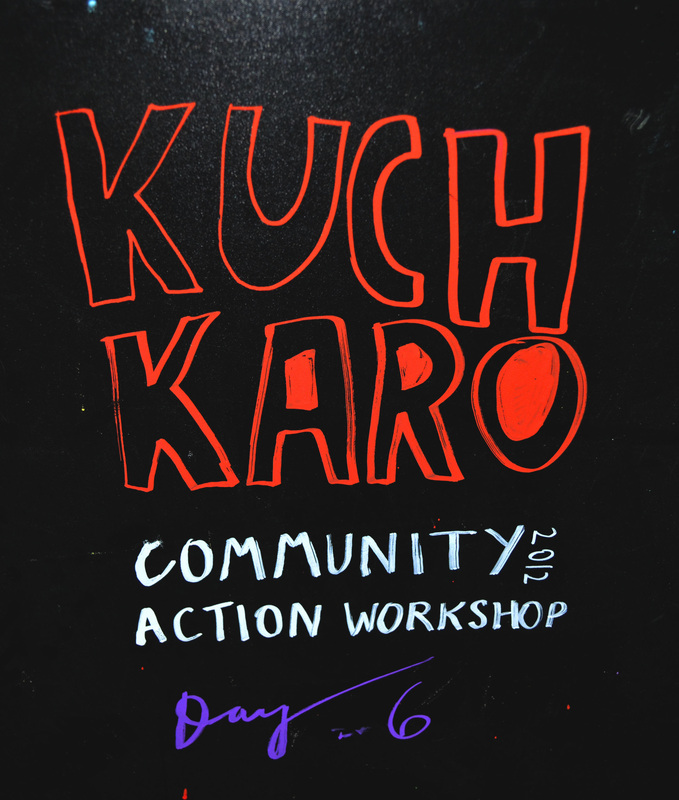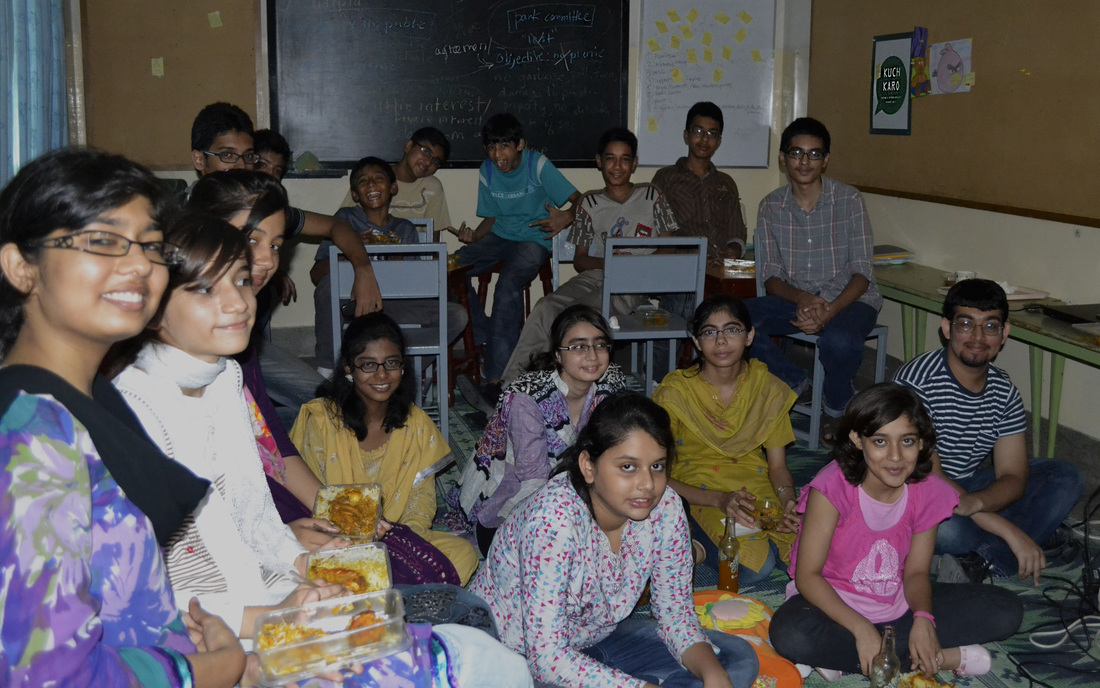Tuesday's session began with Maliha explaining that in such a situation there was no winning or losing. She asked the group what they thought the objectives of the public had been at which the participants immediately stated that it had been acquiring the right to have picnics in the park. Maliha then pointed out that if the meeting had indeed been a case where one side would win and another would lose, then both sides would have opposite objectives. By that logic, the objective of the Committee would be to be hell-bent on denying the public picnics in the park. Ruqueia countered this by saying that, as a Committee member, it was her job to keep public interest in mind. Maliha explained that using the terms "winning" and "losing" in such a case was incorrect because, at the heart of it, both parties were working towards public interest.
The meeting reconvened, the letter was revised to include a specific definition for the word "picnic," and, after some discussion, the Committee acceded to the public's request. In return, the public had agreed to only be allowed to have picnics on one particular day of the week and be fined in case of littering or damage to the park's property.
Maliha explained this this was a victory. In such cases, she told the participants, winning meant reaching an agreement through negotiations and compromise. Such agreements did not necessarily completely please each and every individual they affected because, after all, a compromise was reached and it would be unreasonable to demand perfection. Maliha then had everyone flip through their dictionaries and look for the word "utopia" and drew attention to how the definition stressed on the fact that such a perfect world was only imaginary and could not truly exist.
The concept of compromising was used to segue into a discussion about Kashmir. Maliha asked the group why decades of negotiations had not led to a solution.
"Because neither side is ready to compromise," said Ruqueia.
"And who should be the ones to decide what to do about Kashmir?" asked Maliha.
"The Kashmiris, of course," said someone.
"Yes. We should leave it alone," said someone else.
The group then read an excerpt from a series of articles produced by the Communication Institute for Online Scholarship (available at www.cios.org) entitled “The Nature of Attitudes and Persuasion.” Different strategies of persuading someone were discussed. This was followed by a brief role-play activity in which Maha and Rehan acted as mother and son respectively. Rehan, after hours of studying for an exam he had the following day, wanted a break and needed Maha's permission to do so. Rehan was able to get her permission by phrasing his argument in a way that it played on Maha's objective which was to see her son get a good grade. He told her that he needed a break as he felt it would refresh his mind and help him study better.
Tuesday's session was cut short significantly as the kids had been promised that they would be shown a movie of their choice. At around noon, the group settled down on the floor with a plate of biryani each as they watched The Grudge.


 RSS Feed
RSS Feed